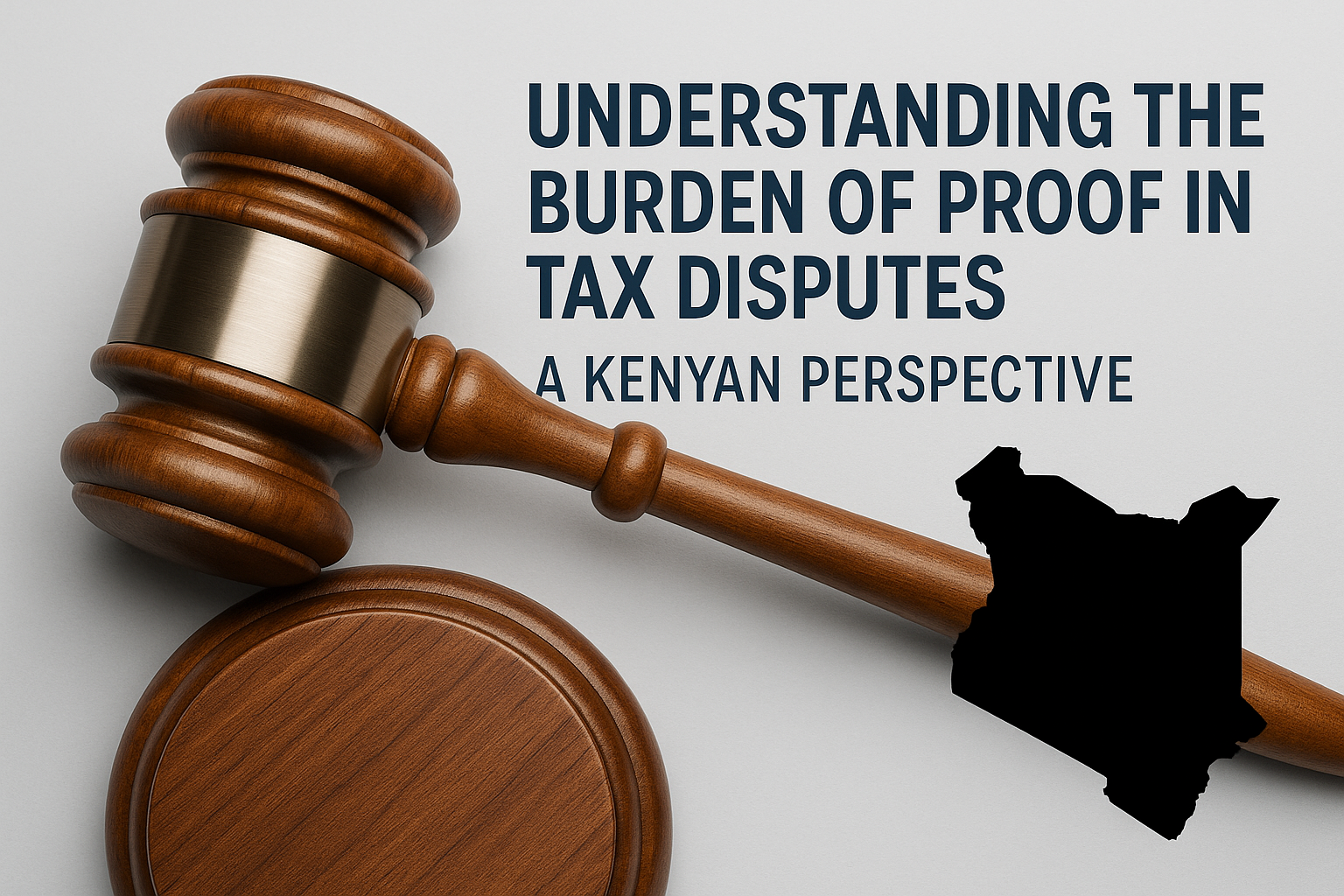Maintaining accurate financial records is crucial for organisations to stay organized, compliant, and make informed financial decisions. Regrettably, many startup companies and small organisation owners neglect this critical aspect of their record keeping, either due to a lack of knowledge on how to handle it or the inability to allocate sufficient time for it. In an attempt to save money, many organisation owners undertake the task themselves, disregarding the fact that it can lead to legal and financial repercussions in the future. In reality, organisations are legally required to maintain accurate and up-to-date financial records.
The following are some tips to help you stay on top of your organisation.
- Record keeping
One of the most effective ways to maintain proper financial records is by employing a reliable accounting software that suits your organisation needs. The primary distinction between manual record keeping and using accounting software is the approach to information management. Data entered into an accounting software package only needs to be entered once, and it will then be processed into Profit and Loss Accounts, Balance Sheets, VAT Returns, and other financial statements.
Manual accounting provides independence from machines, but it is also slower, requires greater effort from accountants, has relatively slower internal control reporting, and the work can be repetitive. On the other hand, computerized accounting offers faster and more flexible reporting, increased reliability, eliminates routine work, improves accuracy, and has an internal control system that boosts productivity. Additionally, records can be backed up and restored easily. However, there are some disadvantages to computerized accounting, including the relatively high costs of implementing and using the system, requiring special training for personnel, increased personnel costs, and dependence on machines.
- Retain your accounting records
In compliance with legal record requirements, organisations are mandated to maintain accounting records that are sufficient to demonstrate and explain their financial transactions. These records must include a comprehensive record of all the company’s assets and liabilities, as well as day-to-day entries of all money received and spent, along with the relevant details of the receipt and expenditure.
Furthermore, organisations must keep several documents readily available upon request, including invoices and receipts issued for sales or services rendered, invoices for organisation purchases, bank and credit card statements, tax return documents, all financial statements, payment records for employees, payroll source deductions, stock purchases at the end of each financial year, and asset registers.
It is essential to note that all organisations must retain their accounting records for a minimum period in accordance with legal requirements. By maintaining detailed and accurate financial records, organisations can avoid potential legal and financial complications while enhancing their decision-making abilities.
The Tax procedures Act section 23 demands that:
(1) A person shall—
(a) maintain any document required under a tax law, in either of the official languages;
(b) maintain any document required under a tax law so as to enable the person’s tax liability to be readily ascertained; and
(c) subject to subsection (3), retain the document for a period of five years from the end of the reporting period to which it relates or such shorter period as may be specified in a tax law
- Keep up to date with your tax obligations.
Maintaining accurate accounting records is crucial for organisations to meet their tax obligations and filing requirements without incurring penalties or interest for late or missed payments. To substantiate your claims, you need to keep records and receipts for all expenses.
For organisations with employees on their payroll, payroll taxes, commonly known as Pay As You Earn (PAYE), must be enrolled and remitted monthly. Organisations dealing with VAT-eligible goods must also maintain accurate accounting records to facilitate the monthly filing of Value Added Tax (VAT) returns.
A reliable accounting software can prove to be immensely valuable in this regard, providing organisations with the required information to streamline and automate their processes, ensuring compliance with tax obligations. By leveraging an accounting software, organisations can avoid errors and inefficiencies associated with manual record-keeping, reduce processing time, and gain insight into their financial performance.
- Pay a keen attention to cash flow
As an organisation leader, it’s important to stay ahead of the competition by anticipating future events and market changes. One of the key tools for achieving this is cash flow planning, which involves predicting the inflow and outflow of cash over a given period. Proper cash flow planning is crucial for success, as failure to do so can result in financial difficulties and potential failure.
A detailed cash flow analysis can reveal whether an organisation generates enough cash on a daily basis to meet its obligations, as well as how major outflows of cash to pay those obligations are related to major inflows of cash from sales. By staying on top of cash flow, organisations can make informed decisions about investments, expenses, and other financial matters that can impact their long-term success.
- Invest in an experienced accountant/bookkeeper.
As your organisation expands, it becomes increasingly important to maintain accurate financial records. One effective way to achieve this is by hiring a professional bookkeeper. You can also consider outsourcing for one (some CPA firms provide this service). Apart from the peace of mind that comes with knowing your records are up-to-date, hiring a bookkeeper can also help you to maximize tax deductions and save you valuable time. By taking on the responsibility of bookkeeping, your hired bookkeeper can provide you with the time and space to focus on growing your organisation and achieving your goals.
To find an experienced bookkeeper for your growing organisation, you can start by asking for referrals from other entrepreneurs, industry colleagues, or your HR Partner. Another option is to search for bookkeeping services online. Make sure to inquire about their qualifications and certifications, as well as their experience with organisations similar to yours. You may also want to ask about the bookkeeper’s software and technology skills, as this can impact how they manage your records. Ultimately, hiring a qualified bookkeeper can provide peace of mind that your financial records are being managed properly, allowing you to focus on other important aspects of growing your organisation.
Conclusion
Financial record keeping and reporting is crucial in organisations as it provides a way to monitor performance and identify areas of strengths and weaknesses. At FH Consulting, we are committed to helping you streamline your financial and management reports. Contact us for value added bookkeeping and accounting services.














